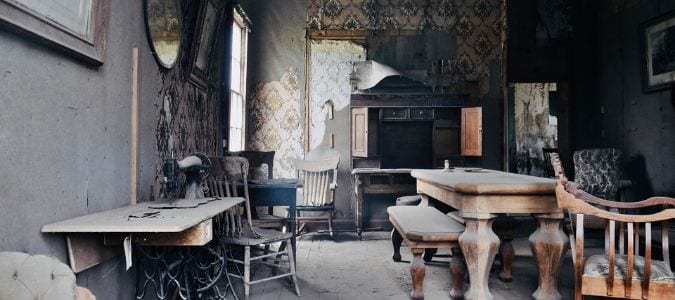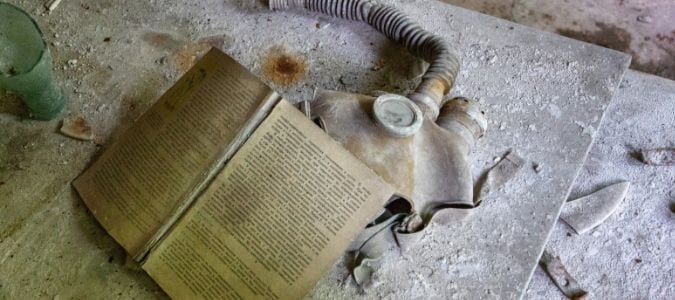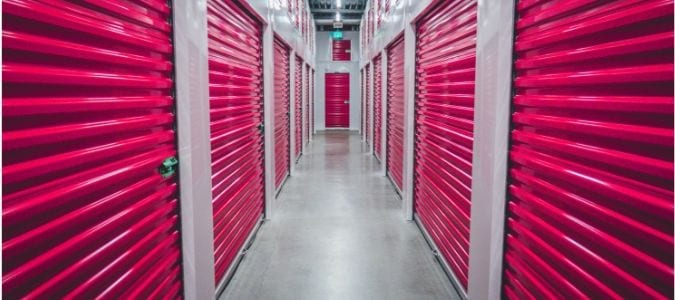What are the benefits of climate-controlled storage?
When it comes to needing a place to store your things, there are a lot of things to consider: benefits of climate-controlled storage vs non-climate-controlled storage; the size of the unit; and which place to choose.
What is a climate-controlled storage unit?
Climate controlled storage units have a consistent temperature throughout the year, which means that your belongings won’t have huge temperature fluctuations from summer to winter. The units are cooled in the summer and heated in the winter (as short as our winter is). Tiger Self Storage climate-controlled units are kept between 65 and 80 all year long.
Temperature Protection
The main benefit a climate-controlled storage unit provides is of course, protection from extreme temperature changes. With our Porter summers heating up to 100 degrees and even sometimes freezing in the winter, those temperature variations can damage your belongings. Oftentimes, it isn’t something most homeowners (or even business owners for business storage) really think about when you’re used to storing things inside where you likely keep your house between 65 and 80 degrees.
This is highly important if you have musical instruments, art, furniture, antiques, pictures, electronics such as TVs or computers, fine art, books, mattresses, old vinyl records, important documents or business records.
If you have wood furniture and will be storing it for a period of time, it can crack or warp when exposed to extreme temperature fluctuations.
Clothing also doesn’t do well with extreme temperatures. Apparel with elastic, spandex or Lycra (including workout clothes, dance clothes, swim wear, compression sleeves, etc.) can break down in high heat and cold and going from one extreme to the other. This also applies to upholstered furniture.
One might even think that files or books will be find in regular storage. But when stored too long and exposed to high heat and then cold, the glue in bindings will break down and the paper gets brittle and crispy.
Household appliances like washers, dryers, refrigerators and microwaves even need protection from rust, mold and mildew and cracking.
Air Quality and Dust/Dirt Protection

Because of the construction requirements of a climate-controlled unit, the units are better sealed which keeps out dust. With the ventilation system in place, the air is also circulated which means you don’t have to go to your unit to air it out.
Sensitive belongings like electronics and instruments need to keep free of dust.
Mold and Mildew Protection

High temperatures and dampness are breeding grounds for mold and mildew. A climate-controlled unit inherently helps protect items. However, if you store something wet in a unit in the middle of summer, even a climate-controlled unit is not protection. Normal dry items like books, documents, photos, art, etc which can be sensitive to humidity, mold and mildew, will do well in a climate-controlled unit.
Non-climate-control
There are a variety of items that are fine in a non-climate-controlled unit such as lawn care equipment, lawn furniture, or items that don’t have a lot of value.
Mowers, (emptied of gas to prevent clogging up the carburetor), chainsaws, blowers, trimmers, shovels, rakes, brooms and other gardening tools can all safely be stored in a non-climate-controlled unit. These types of units are great for landscaping and lawn care business as well.
Other tools such as hammers, screwdrivers, ladders, wrenches and more can be safely stored as well. Be careful though because freezing temps can make plastic or metal brittle and big temperature swings can speed up the process of rusting. The Spruce has some great tips to storing lawn care.
Items that do better in climate-controlled units
- Electronics – TVs, Blu-ray players, computers, laptops, phones, hard drives, gaming systems, speakers, printers, modems, CDs, DVDs, Cassettes, appliances, etc.
- Art – prints and paintings. The Smithsonian has a guide for caring for your paintings.
- Collectibles – antiques, photos, photo albums, negatives, film reels, cars, records, stamp collections, coin collections, books, family heirlooms, instruments, etc.
- Paper – books, birth certificates, marriage licenses, diplomas, files, tax records, client files, medical records, etc.
- Fabrics and furniture materials – leather, glass, plastics, upholstery, wood, etc.
Our experts can help you
If you’re not sure which type of unit you need for your specific belongings, then one of our experienced staff members can help you. Give us a call at 281-519-0058 and we’d be happy to talk about your self storage needs.
Picture credit for storage pic: Photo by JOSHUA COLEMAN on Unsplash

